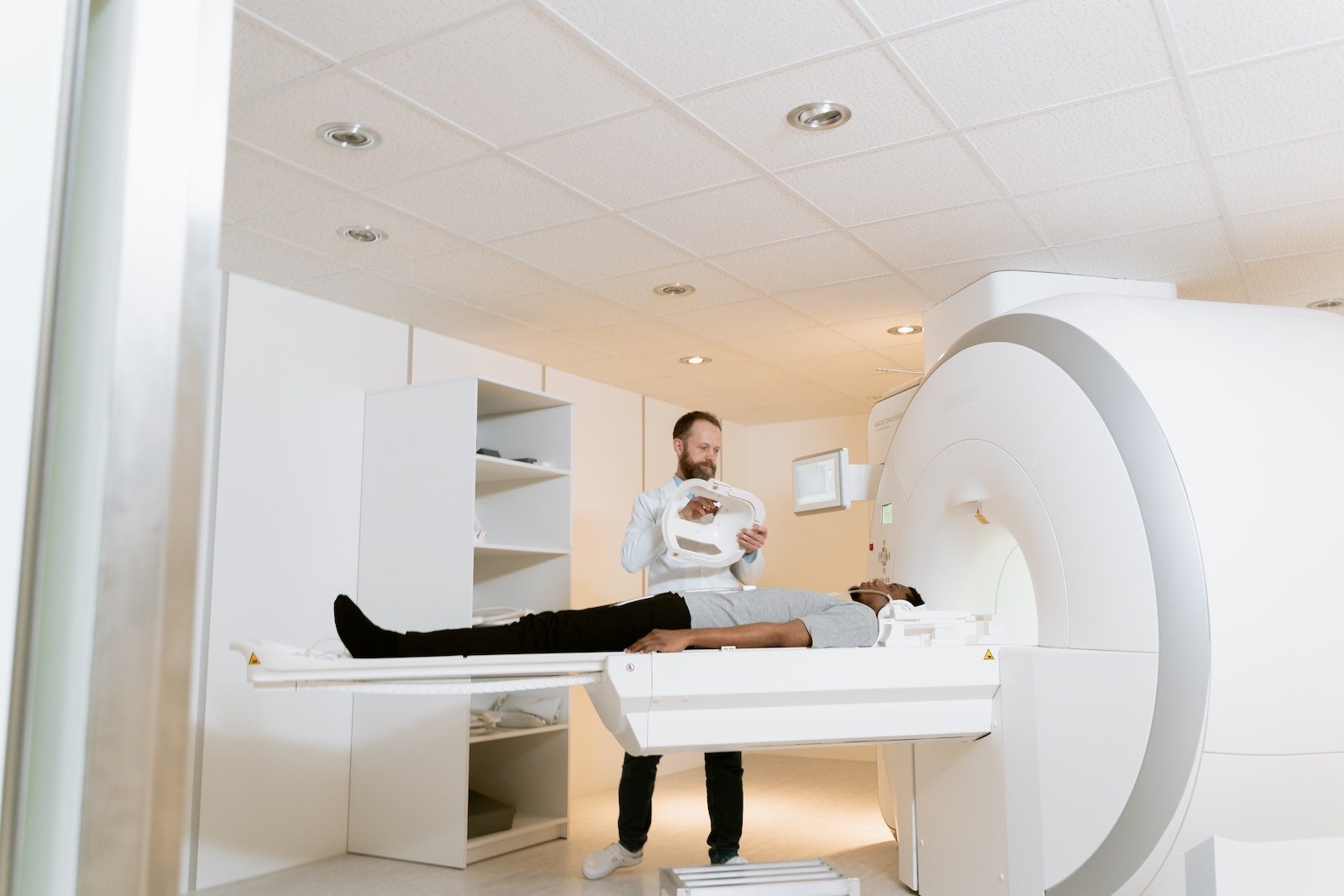Beauty clinics and medical clinics serve different purposes and offer different types of services.
Focus and Services
- Beauty Clinics: Beauty clinics primarily focus on enhancing the aesthetics and appearance of individuals. They offer non-surgical cosmetic treatments such as facials, chemical peels, microdermabrasion, laser hair removal, Botox injections, dermal fillers, and other cosmetic procedures. Beauty clinics often have a wide range of skincare products and may also provide services like makeup application, hairstyling, and nail treatments.
- Medical Clinics: Medical clinics, on the other hand, provide healthcare services and focus on diagnosing, treating, and preventing various medical conditions. They are staffed by medical professionals such as doctors, nurses, and other healthcare practitioners. Medical clinics offer a wide range of medical services, including general consultations, diagnostic tests, vaccinations, minor surgeries, wound care, health screenings, chronic disease management, and emergency care. They may also provide specialized services in areas like dermatology, gynecology, cardiology, orthopedics, and more.
Regulatory Oversight
- Beauty Clinics: Beauty clinics often operate within the realm of cosmetic treatments and procedures, which are subject to varying degrees of regulation depending on the country. In some jurisdictions, these clinics may be overseen by bodies like health departments or regulatory authorities that establish guidelines for safety and hygiene. However, the level of regulation can differ significantly compared to medical clinics.
- Medical Clinics: Medical clinics are subject to stricter regulations due to the provision of healthcare services. They need to adhere to medical standards, maintain proper licensing, and comply with relevant laws and regulations governing the practice of medicine. The healthcare professionals working in medical clinics are typically licensed and follow specific protocols to ensure patient safety.
Expertise and Staff
- Beauty Clinics: Beauty clinics are often staffed by aestheticians, beauticians, and skincare specialists who have expertise in cosmetic treatments and beauty procedures. While they may have extensive training and certifications in their respective fields, their qualifications and scope of practice are generally different from medical professionals.
- Medical Clinics: Medical clinics employ qualified healthcare professionals such as doctors, nurses, physician assistants, and specialists who have received formal medical education and training. They possess a broader understanding of human health, anatomy, physiology, and medical conditions. These professionals can diagnose, treat, and manage medical issues, and they have the necessary knowledge and expertise to handle emergencies.
It’s important to note that the distinction between beauty clinics and medical clinics may vary depending on the jurisdiction and local regulations. Some clinics may offer a combination of beauty and medical services, blurring the lines between the two. Always research and inquire about the specific services and qualifications of any clinic you are considering, as well as any applicable regulations in your area.







